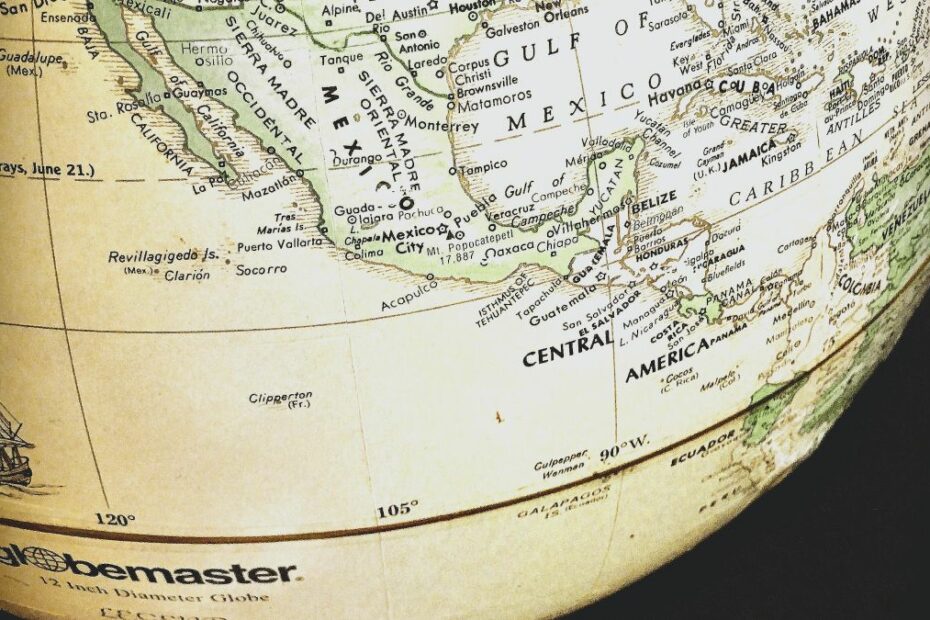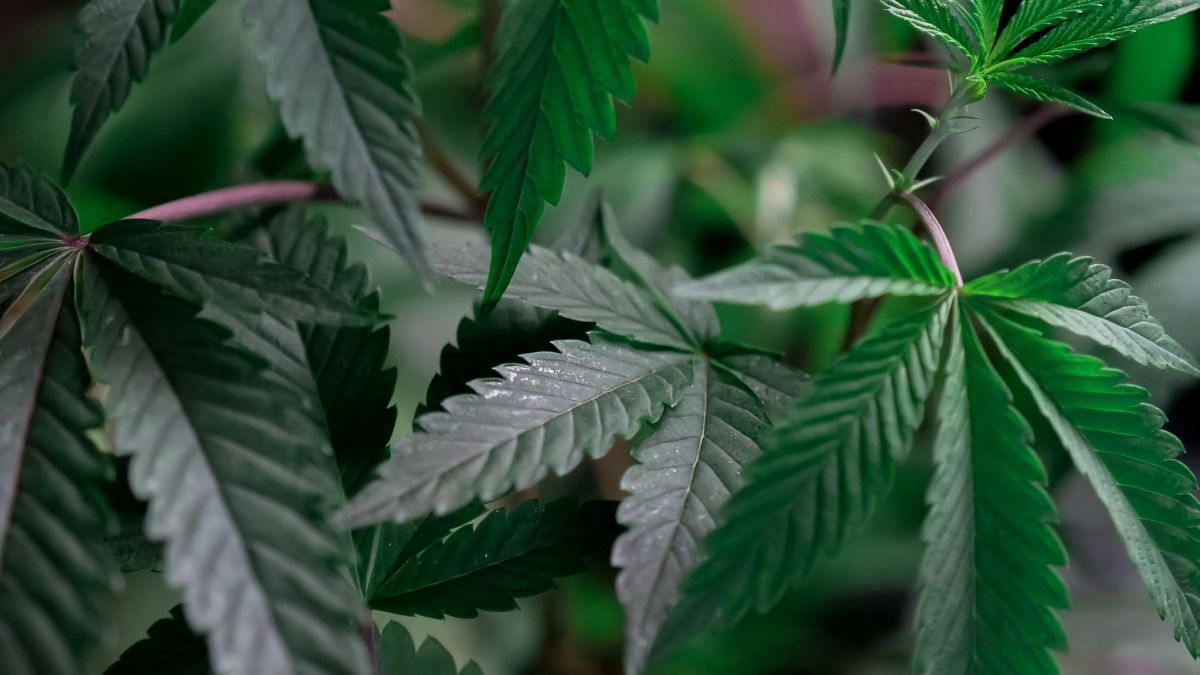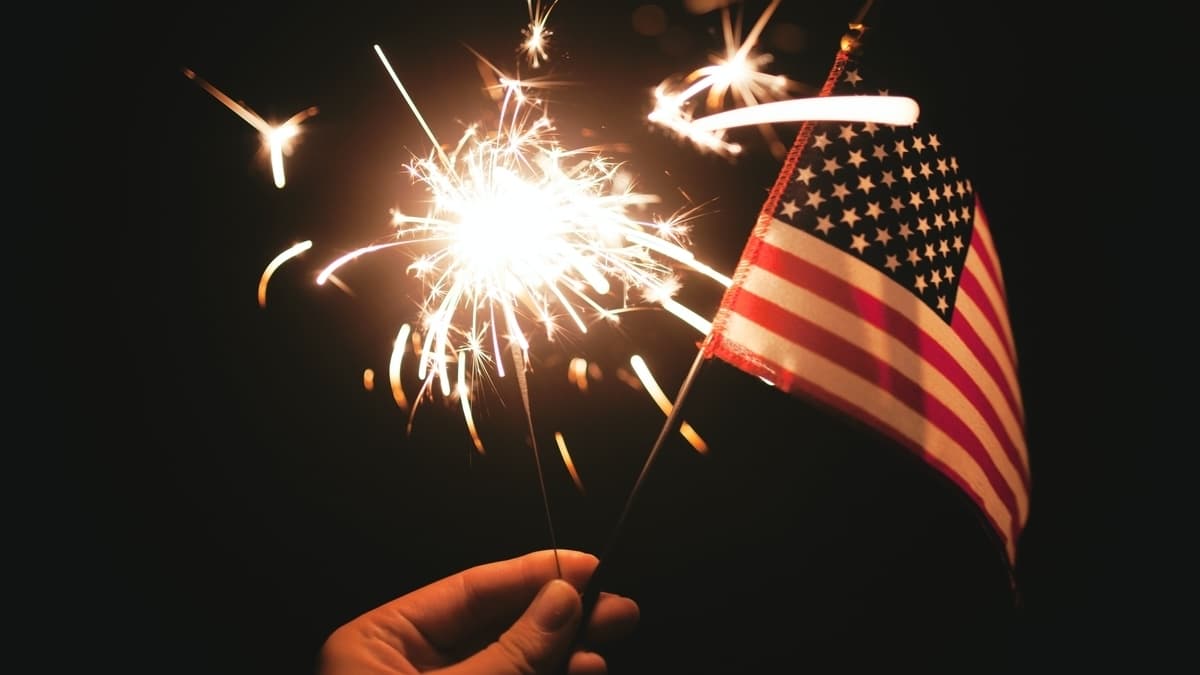A country-by-country look around Central America at options when it comes to getting residency by investment. Whether you’re buying real estate, taking a leap into crypto, getting into the forestry business, or building a tourism nest egg, there’s an way into Central American life for you.
If you’re coming south to Central America and looking for legal residency in any of the seven countries, you have a few options based on your personal circumstances.
Many potential expats of a certain age go for some sort of “pensionado” or retirement option, where you only have to show proof of receiving a pension. The minimum pension required depends on the country – in Belize it’s $2,000 per month, Costa Rica $1,000 per month, El Salvador $1,095 per month, Guatemala $1,250, Honduras $1,500 per month, Nicaragua $1,000, and Panama $1,000.
And what if you’re not at retirement age, or don’t qualify for any kind of pension at all? What do you do then?
Other options include getting married to a local or having a child in the country – you’ll qualify for residency in every country. But unless you’re in a real, serious relationship with someone, the marriage route is extreme and fraught with problems.
Having a child is doable – lots of gringos end up having their babies in this part of the world – but we hope you’re not getting pregnant for the sole cause of getting residency. We don’t need to tell you what a bad idea that would be.
And then there are the various “rentista” options, where you need to show a guaranteed source of income (like the pensionado residency, the minimum monthly amount varies per country). This is the best bet for most younger expats, especially as if you work remotely, either as an employee or a freelancer. It’s easy to make this option work for you with the help of decent lawyers.
But what if you’re coming down to Central America with a plan? What if you want to put money into a country, either through building a business or investing in a business, property, or whatever?
If so, you’re looking for an investment residency. And rest assured, every country in Central America wants your business/money and will welcome you. Below, we’ll take a look at the residency options for investors around the region:
Belize
Belize is one country in Central America which doesn’t offer a specific residency category for investors. In Belize, you either go for permanent or temporary residency, or you do it through their QRP (Qualified Retired Persons) initiative.
Money talks in Belize as loud as anywhere else, though. If you show evidence of investing at least $250,000 in the country, you’ll get temporary residency with no issues. Investing can mean buying real estate. Going for temporary residency in this way means you can negate the year you need to live in the country to qualify for permanent residency. Investing $250,000 straight off cuts out a lot of time and legwork.
You’ve decided to move to Belize but don’t want to fall foul of the immigration laws. Luckily they’re straightforward, if time-consuming. Here’s our guide to visas, work permits, citizenship, and residency in Belize updated for 2022.https://t.co/3GGRBllWFx
— Central America Living (@VidaAmerica) June 28, 2022
Costa Rica
Costa Rica’s “inversionista” program is one of Central America’s best residency options for investors.
It’s no secret Costa Rica is by far the most popular country in the region for expats and foreign investment, especially in tourism. Costa Rica is Central America’s most-visited and most popular country by far, making it a worthwhile place to invest in.
To that end, potential investors in Costa Rica have choices about where to put their money. For a minimum of $150,000, they can get temporary residency by putting their money into any one of the following “qualifying projects”:
- Setting up a new business
- Buying an existing business (or putting at least $150,000 into an existing business)
- Buying real estate and/or vehicles (as long as it adds up to at least $150,000, you’re good to go)
If you’re investing in any kind of forestry project in Costa Rica, from lumbering (teak investments were a big thing in Costa Rica a few years ago) to preservation, you can get residency with a $100,000 investment rather than $150,000.
🇨🇷 Do you want to invest in Costa Rica?
📈 The government is currently encouraging investment in the country by slashing taxes and lowering the minimum financial threshold for residency for investors.
Read our latest article to learn more about it👇https://t.co/G16nzdAwO2
— Biz Latin Hub (@BizLatinHub) August 30, 2021
El Salvador
El Salvador has current temporary residence for investors program in effect. Unlike other countries, there’s no set amount you need to commit to investing to get temporary residence as an investor. You simply need to be the president, a legal representative, a shareholder, or board member of a Salvadoran company.
That means you can buy or build, say, a hotel in El Salvador and you’ll get residency, which needs renewing every year. After five years, you can apply for citizenship.
In 2021, El Salvador became the first country in the world to recognize bitcoin as legal tender. There’s more to the whole thing than simply using bitcoin, though. Bitcoin can get you residency and eventual citizenship in El Salvador if you invest enough into the country.
In the build up to legalizing bitcoin in September 2021, President Nayib Bukele said anyone investing three bitcoins into El Salvador’s Volcano Bonds initiative would qualify for immediate residency in the country.
At the time of this announcement, in June 2021, bitcoin was running at around $35,000 give or take a few bucks. So three bitcoins was about $105,000. Since then, the value of bitcoin plummeted for a while, leading El Salvador to drop the three bitcoin requirement and settle for a straight straight $100,000 investment in Volcano Bonds in exchange for residency. Then, in December 2023, El Salvador launched its Adopting El Salvador program.
This program is for serious investors only – you need to put down a cool million dollars worth of Bitcoin down in return for citizenship – not residency, but full citizenship. They say it’s open to a thousand people per year.
El Salvador is undergoing a renaissance.
Be part of our transformation by applying for the Adopting El Salvador Freedom Passport program: https://t.co/2KxoE4ZUmn
➡️This is citizenship by donation ($1M) for you and your family (spouse & children under 18).
➡️Passport within… pic.twitter.com/Pg3XgldqMq— Adopting El Salvador (@AdoptingES) December 28, 2023
Guatemala
Guatemala is a country where it’s easy and inexpensive to get regular residency as a rentista. There’s no real hoops to jump through here, so it’s better to go that route if you’re earning a minimum of $1,250 a month outside of the country.
But if you invest a minimum of $60,000 into a business, real estate, or government bonds in Guatemala, you can get residency in the country as an investor.
Honduras
If you’re seeking residency as an investor in Honduras, know that unlike other countries, you can’t simply buy real estate and call that your investment. If you’re going that route, you’re better off getting regular residency.
Investor residency in Honduras means actually investing your money into an existing Honduran company or setting up and registering your own in the country. If you’re setting up your own company, you’ll need to present a business plan and viable timeline of investment.
Talking of investment, the amount needed to get residency is a minimum of $50,000. You’ll need to have the first $25k transferred into Honduras at the time of application, with an idea of when the remaining $25k will enter the country. On top of this $50,000 investment, you also need to put a $5,000 refundable deposit into the Central Bank of Honduras. You’ll get this money back a year after your residency gets approved.
Nicaragua
Aside from the original El Salvador investment visa, which doesn’t have a minimum amount to invest, Nicaragua is the cheapest country in the region to get residency by investment.
All you need to do is form a corporation and invest $30,000 into real estate, a local business (either an existing business or a new one), or into any Nicaraguan government-approved forestry or agricultural project. And that’s it. In Nicaraguan terms, it’s easy and straightforward.
Of course, it’s between you and your conscience if you want to back the odious Ortega/Murillo regime by investing in it.
Panama
During the pandemic, Panama made more mistakes than any country in Central America. One of those mistakes was its calamitous lockdown, one of the most draconian in the world.
And the other was the overhaul of its Friendly Nations Visa, which made it cheap and easy to get residency in Panama if you were from one of 54 (at the time) “friendly countries” (it’s now 50).
Nowadays, the Friendly Nations Visa is an offshoot of Panama’s Residence by Investment program. Under Friendly Nations, if you’re a citizen of one of the “friendly countries”, a real estate investment of $200,000 will get you in the door. Another way in is to have a job in Panama – as opposed to before, when you could register a corporation in Panama and list yourself as an employee. You can also put your $200k in a Panamanian bank if you want.
Elsewhere in the Residence by Investment program, you can go the Qualified Investor route if you want. You’ll need to either invest a minimum of $300,000 in real estate (soon to go up to $500k in October 2024), put $500k into the Panamanian stock market, or make a fixed-term $750k deposit into a Panamanian bank.
Another option, like in Costa Rica and Nicaragua, is the forestry route. You can get investor residency in Panama by investing at $100,000 into various forestry and teak growing projects. If you invested $350k, you’ll get immediate, permanent residency straight away as opposed to temporary residency.
Panama Qualified Investor Visa: The Best Residency Visa In Central America? https://t.co/MiIRdr9tIx
— Mikkel Thorup | Author & Podcast Host (@ThorupMikkel) January 30, 2024
So that’s our round up of residency by investment in Central America.
The easiest and cheapest is Nicaragua. El Salvador, as mentioned, doesn’t have a set investment amount for its original program, but you’re not going to go that route unless you’re fluent in Spanish and know your way around that countries business community. (We can’t say much about the Volcano Bonds way, as it’s not in play yet.)
Honduras and Guatemala are the next cheapest, although in Honduras, you need to invest in a business – real estate don’t count. Then comes Costa Rica, Panama, and Belize, the most expensive.
That said, Costa Rica, Panama, and Belize are the most “desirable” countries for most North American and European expats to live in, unless they want to get off the beaten path.
Investing more money in these countries makes some sense in that long term, you’ll get more return out, and faster. And if you’re short but have a good plan, you can think about possible credit options – after all, an investment is an investment, right? You can find the best business line of credit on FinImpact to help with financing your investment.
Each of these residency routes also offers a way through to eventual citizenship after a few years.
It would be disingenuous to say residency by investment gets you special perks when it comes to eventual citizenship. Most types of residency allow the option of citizenship after a while, normally after five to seven years living in-country.
If you have your residency through marriage or childbirth, you can cut that time down to a couple of years.
Now all you need to do is figure out what country you want to invest in and what you want to do in said country and get going as an international investor! It could be the best thing you ever do in your life.



